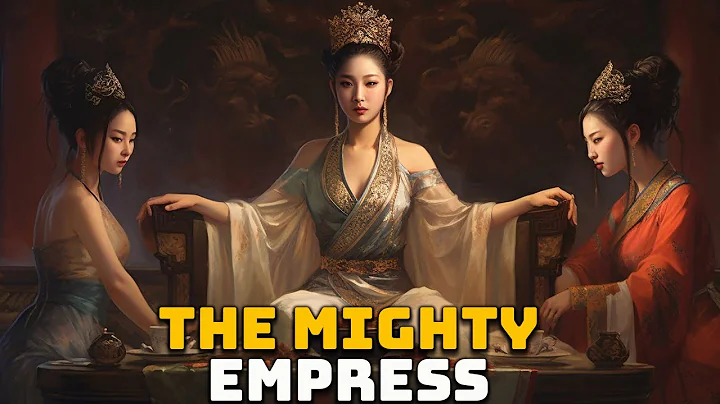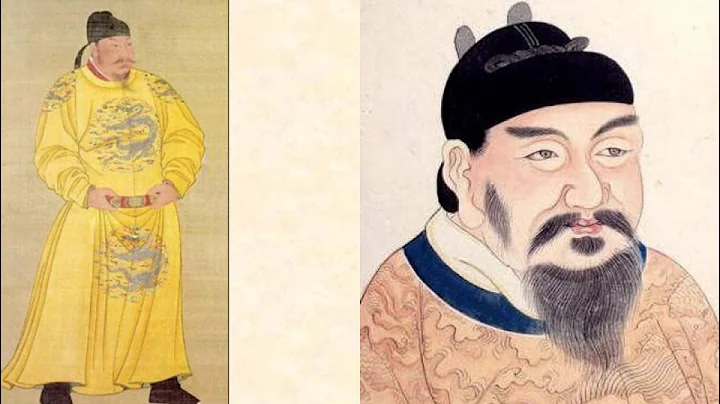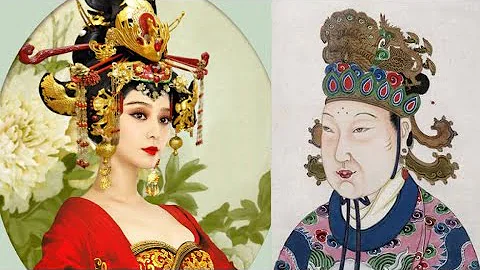Introduction
The Chinese people’s attachment to their “homeland” is unmatched by anyone in the world. It is difficult to leave one's homeland, people are humbled when they leave their hometown, and fallen leaves return to their roots, all of which tell the story of how difficult it is for the Chinese people to let go of their country and their "roots".
Especially older people, they have to muster the courage to even leave their own city, let alone go abroad.
However, there is such a person who ran abroad with his family when he was 55 years old. He was charged with "defecting abroad" for 20 years before the country removed the "stigma" from him.

Homeland is hard to leave
This person is Ma Sicong, he is the author of the famous " Homesickness Song ". He is an outstanding contemporary composer, violinist, and an outstanding music educator in China.
Ma Sicong has shown extremely outstanding talent in music since he was a child. He was called a "music prodigy" at the age of 11 and has since studied abroad for further studies. He ended his studies abroad in 1932. A musical genius like him would not have to worry about life problems if he stayed abroad.
But 19-year-old Ma Sicong resolutely returned to China and founded the "Guangzhou Conservatory of Music" with Chen Hong, which nurtured a large number of musical talents during the war.

Feelings, righteousness
Ma Sicong continued to perform during the war, and every performance was charged. All of
's performance income was donated by him. He contributed to the Anti-Japanese War, the War of Liberation, and national construction after the founding of the People's Republic of China.
He knew that he could not do much, but he wanted to do his best to do something for the country.
Westerners look down on us and regard China, which has thousands of years of cultural heritage, as "barbarians". He wants to prove to them that the Chinese also have strong artistic attainments!

Ma Sicong once said that every note should be dedicated to the motherland.
In 1948, Stuart came to China, met Ma Sicong specifically, and expressed the hope that he could go to the United States. Ma Sicong rejected him. He wanted to stay in New China, which was in urgent need of reconstruction. He wanted to personally contribute to his motherland and watch his motherland become stronger and stronger.
At this time, Ma Sicong would never have thought that at the end of 1966, he would stop in Hong Kong and then transfer to the United States.

Mutation, turning point of fate
In 1966, Ma Sicong's students were frightened and asked not to come to class again. Movement after movement trampled the former artist under his feet, turning him into garbage that everyone could spurn and insult.
A group of young faces broke into Ma Sicong's home, shouted slogans and smashed up his home. Ma Sicong and his wife became the targets of criticism.
The virtuous and gentle wife has to sweep the streets every day. Ma Sicong is even asked to reflect on the "mistakes" of the past and submit a "reflection letter" every day.

His wife and children were unwilling to endure this humiliation and fled Beijing.
Ma Sicong did not leave. He listened to the China Central Radio Station still playing his "Homesickness Song". It was a channel broadcast to compatriots in Taiwan and overseas. He felt that the country had not completely denied him.
Until "Homesickness" was replaced by "The East is Red", Ma Sicong, who was "isolated and censored", felt as if he had fallen into an ice cave.
At the end of 1966, the youngest daughter sneaked back to Beijing and persuaded Ma Sicong to get in the car on the pretext of "recuperating her body."
It was not until they got on the bus that Ma Sicong knew that they would arrive in Hong Kong, far away from the land of right and wrong.

Ma Sicong struggled and hesitated for a long time, and finally chose to leave with his family. They settled briefly in Hong Kong and later went to the United States.
wandering
became a knot that Ma Sicong could not untie for the rest of his life.
Because of the departure of their family, their brothers, sisters, relatives and friends were implicated to varying degrees. Ma Sicong himself was even accused of "treason" and it took him 20 years to clean himself up.
In Ma Sicong's heart, he always loves his motherland. After he went abroad, he emphasized again and again that he had never failed his motherland.
He rejected the "political asylum money" that the United States had always wanted to send him, and firmly refused to admit that he was seeking "political asylum" in the United States. He did not want to give the United States more leverage to criticize China, and he did not want to become the tip of a knife that harmed the motherland.

Conclusion
In 1985, Ma Sicong learned over and over again that he was finally "ordinary" in China. He cried with joy and called his 19 years abroad as "Suwu Muyang Nineteen Years".
For a long time afterwards, the country invited Ma Sicong to return to China many times, but Ma Sicong declined them all, saying only that he would return to China at the "appropriate time".
He once revealed to his relatives that he hoped to find an opportunity to return when the country is truly stable. What happened in the past is an indelible psychological shadow in his heart. This old man who has crossed the flames of war to accompany the growth of the Republic needs to muster up courage.
Regrettably, the 75-year-old Mr. Ma Sicong passed away in the United States on May 20, 1987. In the end, he still could not come back to see his motherland with his own eyes, and he could not come back to see what he was looking forward to. A stable and developing motherland.
( The pictures used in this article are from the Internet and are only used to accompany the narrative. Please do not take them for granted or delete them)











